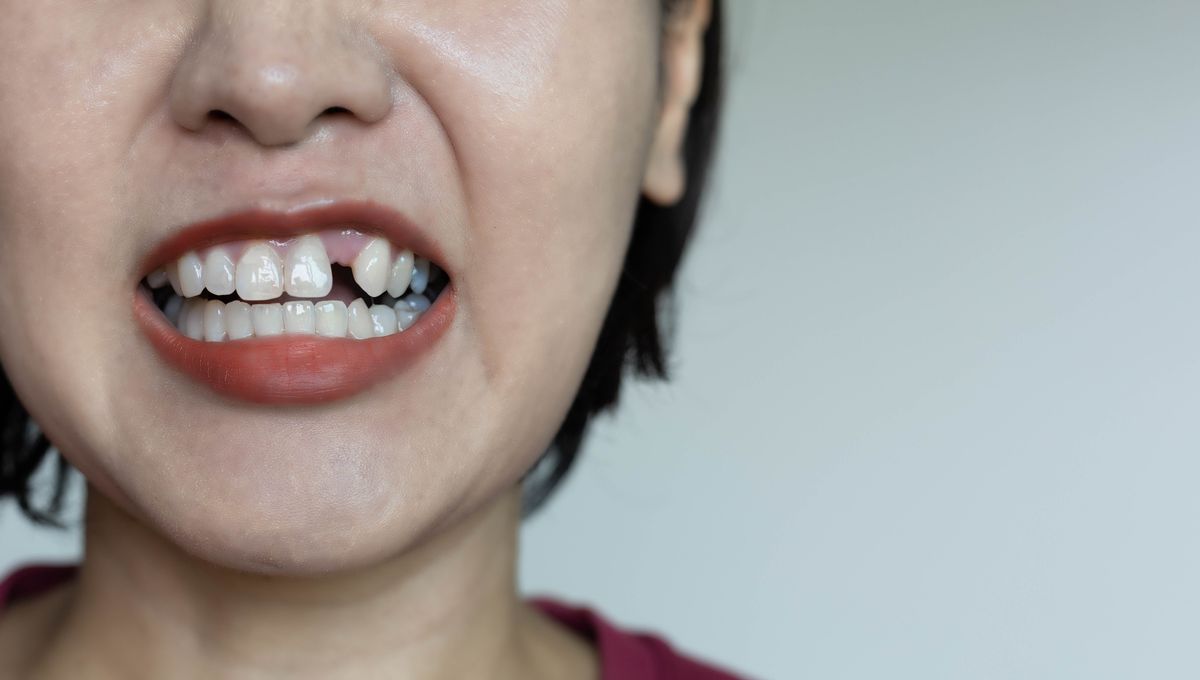
It would be incredibly useful if humans (just like sharks and elephants) could continuously grow new teeth throughout their lifetime, replacing those lost to disease, neglect, and bar fights. This is the fundamental idea that’s inspiring scientists to explore the prospect of lab-grown teeth.
In a new study, scientists at King’s College London and Imperial College London have made a step closer to realizing that dream. They identified a way to improve the environment needed to grow teeth in the lab.
Specifically, the team introduced a specialized biomaterial that helps cells to communicate with each other, instructing others to start differentiating into a tooth cell. This mimics the natural signaling seen in tooth development, bringing scientists a step closer to replicating the process outside the body.
“Previous attempts had failed as all the signals were sent in one go. This new material releases signals slowly over time, replicating what happens in the body,” Xuechen Zhang, from the Faculty of Dentistry, Oral & Craniofacial Sciences, King’s College London, said in a statement.
With further research, scientists may one day develop a way for patients to regenerate teeth using their own cells, creating replacements that integrate seamlessly with the gum and jaw, and even repair themselves like natural teeth.
“We have different ideas to put the teeth inside the mouth. We could transplant the young tooth cells at the location of the missing tooth and let them grow inside mouth. Alternatively, we could create the whole tooth in the lab before placing it in the patient’s mouth. For both options, we need to start the very early tooth development process in the lab,” explained Xuechen.
“Lab-grown teeth would naturally regenerate, integrating into the jaw as real teeth. They would be stronger, longer-lasting, and free from rejection risks, offering a more durable and biologically compatible solution than fillings or implants,” he added.
Different teams of researchers are tackling the dilemma of teeth regeneration with a variety of approaches, from stem cells and antibody treatments to intravenously administered drugs. Some have even suggested that tooth regrowth drugs could be on the market by 2030. But before that happens, there’s still a long line of clinical trials and regulatory hurdles to clear.
So for now, your best bet is to keep flossing and ditch the soda.
The new study is published in the journal ACS Macro Letters.
Source Link: Lab-Grown Teeth Are Paving The Way Towards Dental Regeneration In Humans